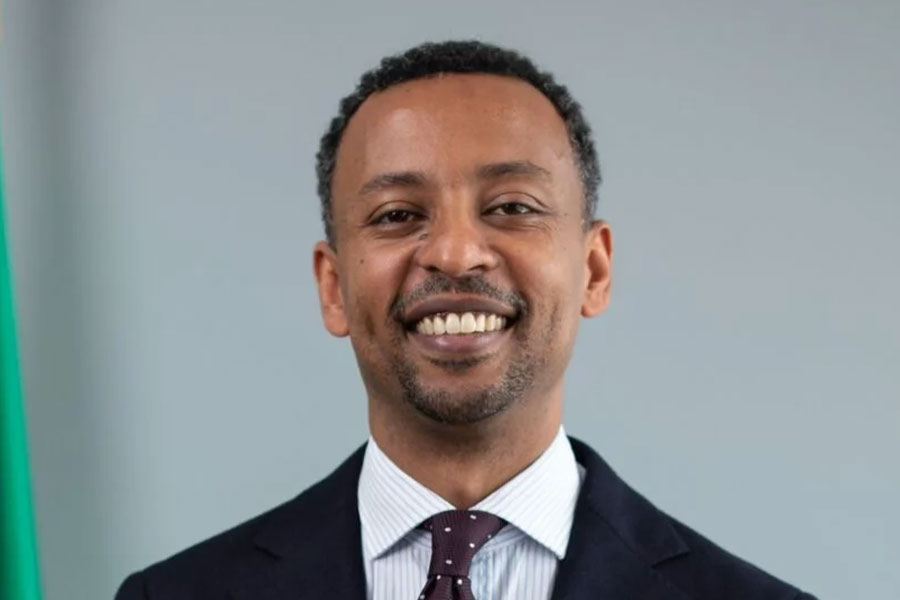
Ethiopian Investment Holdings (EIH), the country’s sovereign wealth fund, closed its annual performance review with a mix of strong gains and lingering concerns across its portfolio of state-owned enterprises. Ethiopian Shipping & Logistics led the year with 4.5 million tons of cargo, driving revenues up 90pc and doubling pre-tax profit. Sugar production from Wonji Shoa, Metehara, and Fincha climbed 34.8pc to 163,290 tons, nearly doubling revenues to 15.6 billion Br, though EIH flagged chronic capacity underuse. Hospitality revenues from Ghion, Hilton, Guenet, and Spa Service enterprises reached 2.1 billion Br, 14pc above plan, with profits beating projections by a third at 564.2 million Br. Still, EIH urged hotels to modernise digital platforms and improve service quality. The Ethiopian Engineering Corporation posted revenues of 8.9 billion Br, up 81pc, while expansion into Nigeria and Tanzania added over one million dollars. Ethiopian Electric Utility (EEU) grew its customer base to 5.2 million, boosting sales to 51.7 billion Br and posting a provisional net income of 4.6 billion Br. In retail, the Ethiopian Tourist Trading Enterprise recorded 45pc revenue growth and a twelve-fold profit surge, though it fell short of its target. The National Alcohol & Liquor Factory reported steadier progress, with revenues up eight percent to 2.6 billion Br and profits rising 17pc to 340 million Br. The surprise standout was the Ethiopian Lottery Service, with revenues nearly doubling and profits tripling year-on-year, outpacing targets. The agency plans to lean on digital tools and business model reforms to sustain the momentum. EIH ended the year lauding reforms and growth but underscoring weak efficiency. Profits are climbing, but productivity gaps remain. The sovereign wealth fund faces the task of consolidating gains while pressing underperformers to deliver more in a shifting economic landscape.
[ssba-buttons]